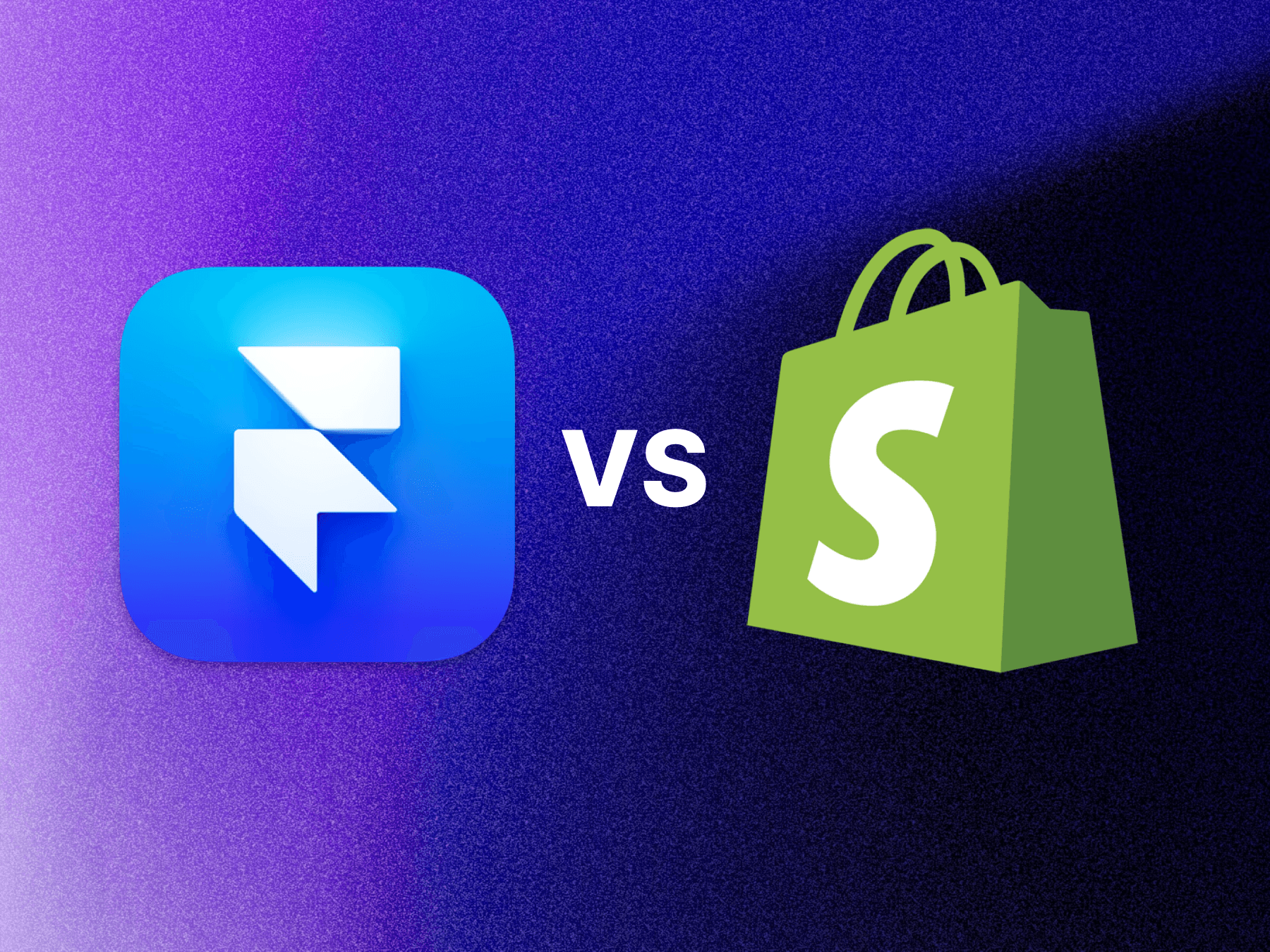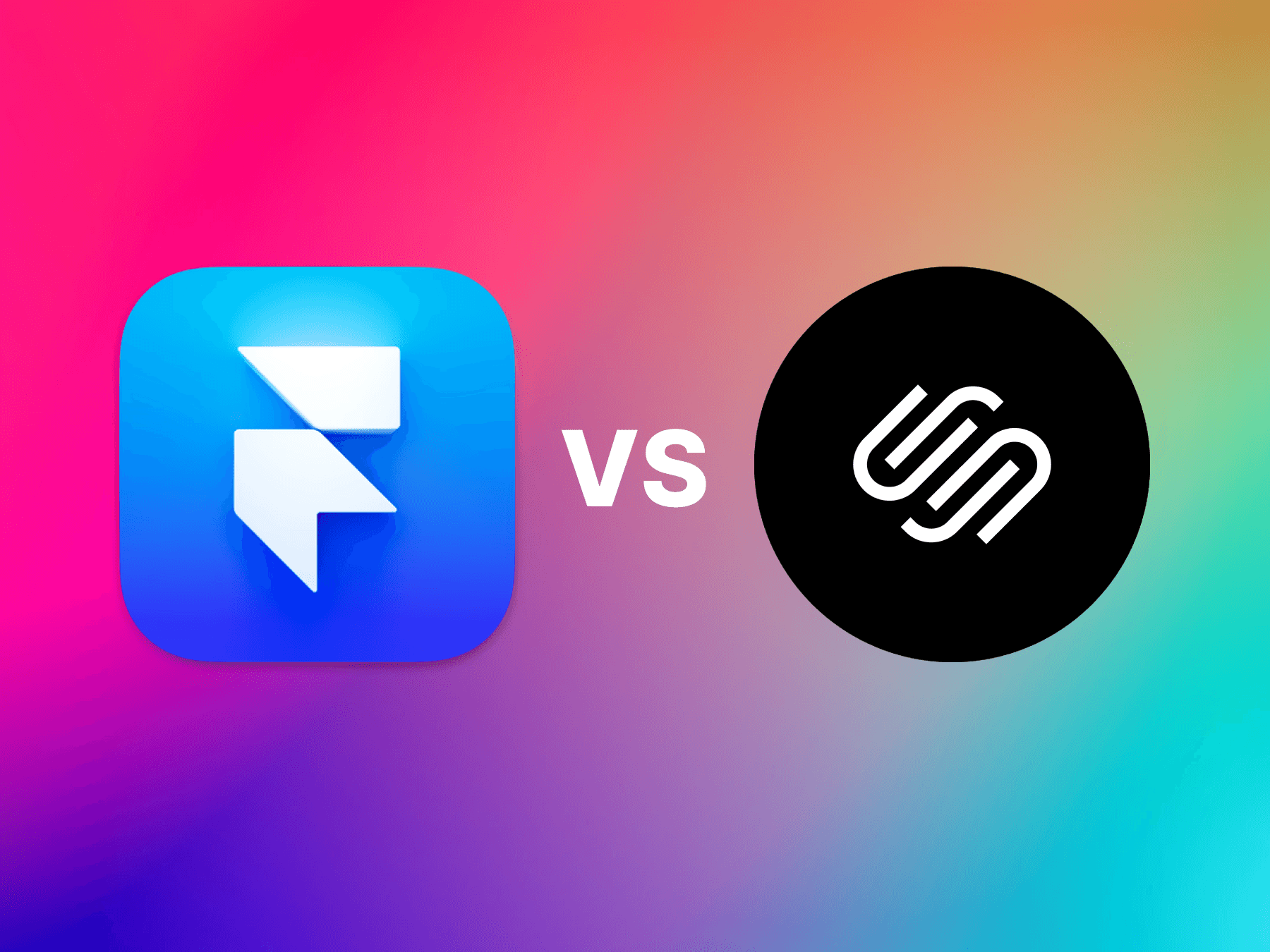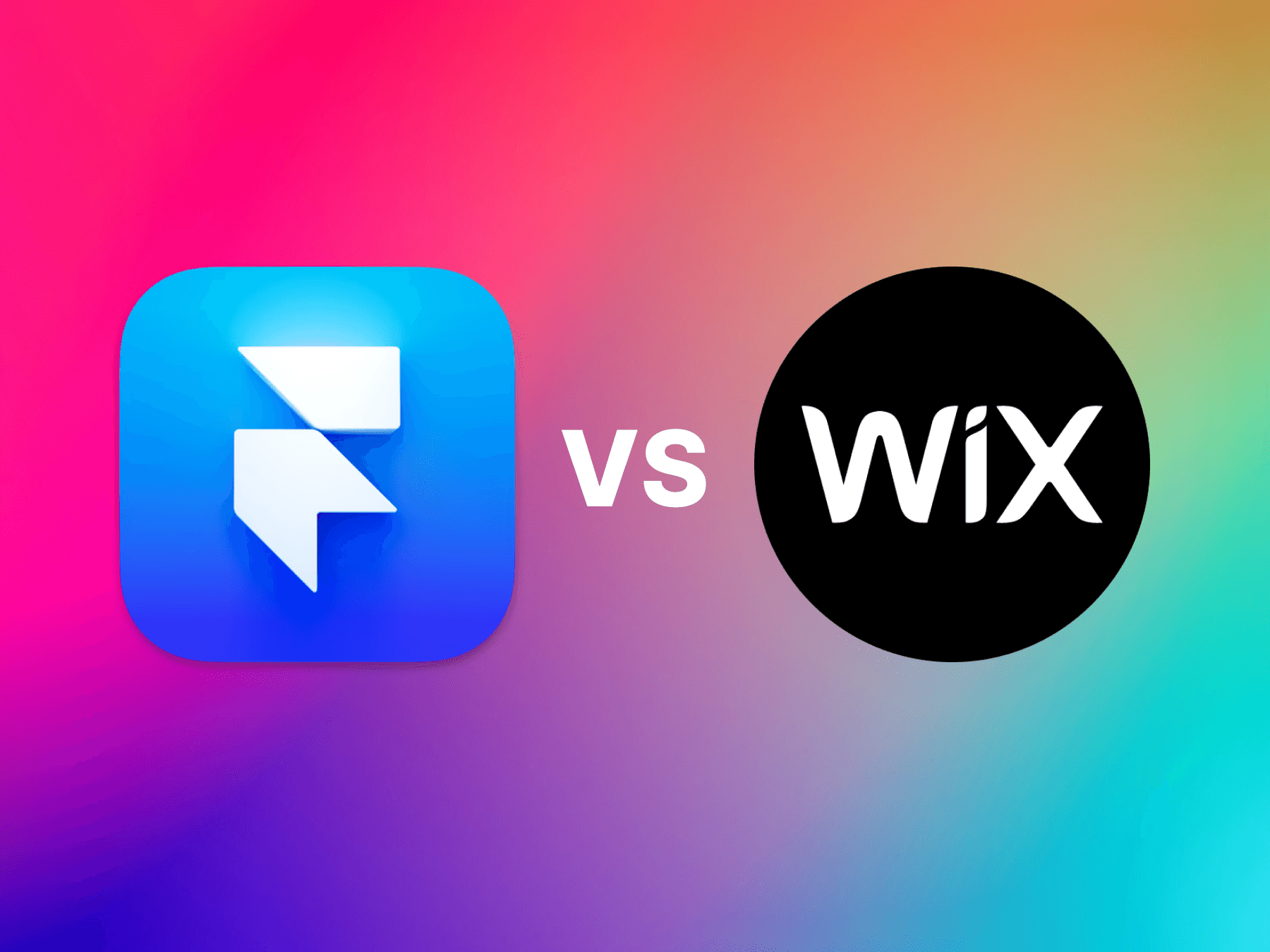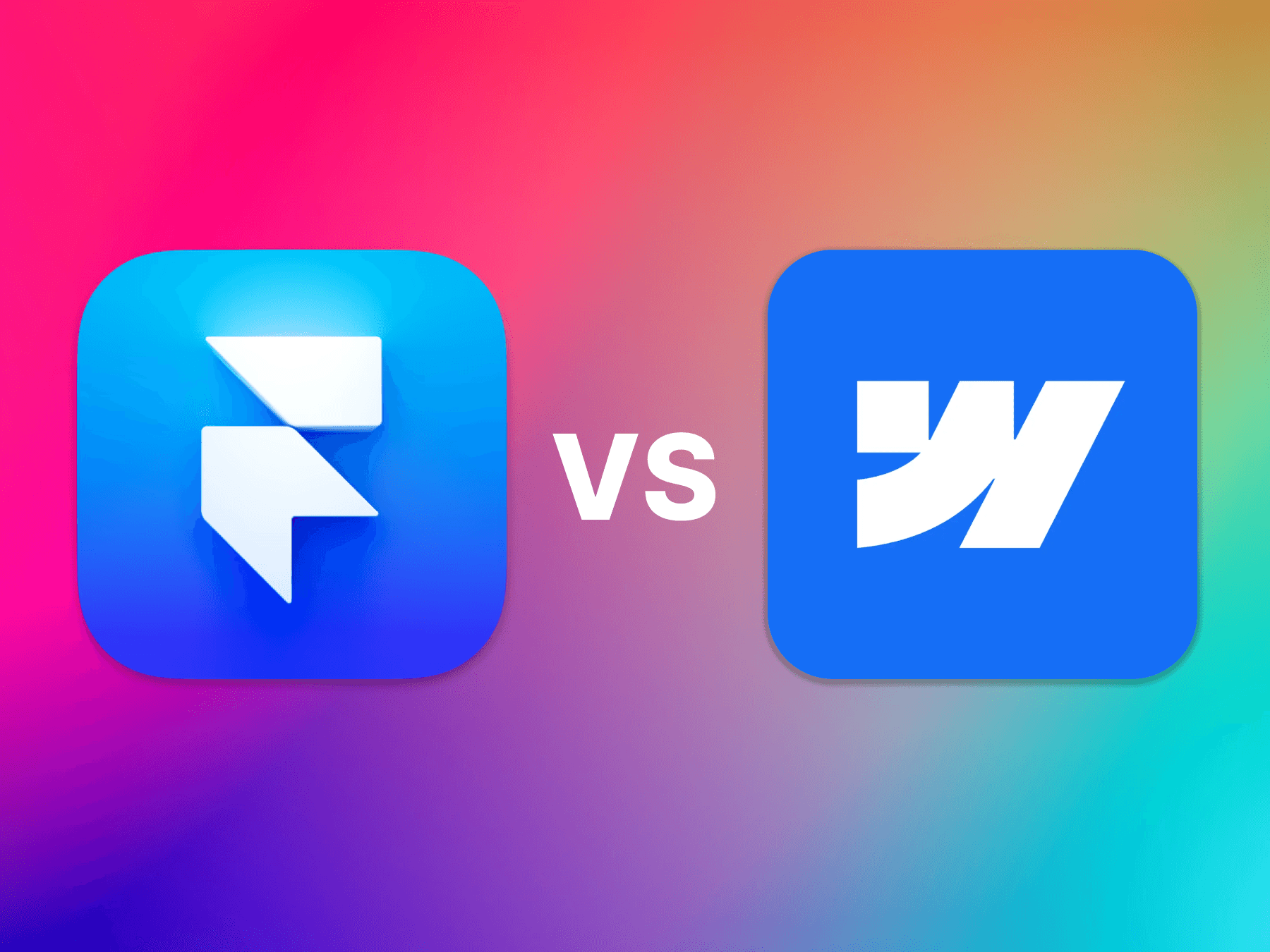Last Updated: Nov 11, 2024
Framer vs Shopify
Quick Answer: Framer is a great choice for designers, creatives, and freelancers seeking a beautiful, simple website like a portfolio or landing page. Shopify is ideal for those building an online store with integrated e-commerce tools. The right platform depends on your primary goal—creative expression or selling products.
If you’re trying to choose between Framer and Shopify, it’s essential to consider what type of website you need. Both platforms are powerful, but they cater to different purposes—Framer is more focused on design and simplicity, while Shopify is the go-to choice for e-commerce. Let’s break down their key features, strengths, and best use cases to help you decide which one is right for you.
1. Ease of Use
Framer: Framer is a no-code, drag-and-drop platform perfect for beginners who want to create visually stunning websites. It’s easy to use, with an intuitive design that allows you to quickly create pages without needing any technical knowledge. This makes Framer ideal for designers and creatives who want their website to look exactly how they envision it, with minimal fuss.
Shopify: Shopify is built for e-commerce, but it also has an easy-to-use interface that doesn’t require coding. It’s designed for those who want to get an online store up and running without technical complications. The platform walks you through the steps to create your shop, add products, set up payments, and manage inventory.
Verdict: For design-focused ease, Framer is ideal. For e-commerce setup with a simple onboarding process, Shopify takes the lead.
2. Design Flexibility
Framer: Framer shines when it comes to creative flexibility. The drag-and-drop editor gives you full control over your design, allowing you to create unique layouts and designs without being restricted by templates. If you’re a creative professional wanting to showcase your work in a unique way, Framer provides you with the tools to make your vision a reality.
Shopify: Shopify offers a wide range of pre-built templates tailored specifically for e-commerce. While you can customize these themes to a certain extent, the customization options are more limited compared to Framer. Shopify’s focus is more on providing functional and user-friendly stores than enabling unique design flexibility.
Verdict: Choose Framer if you prioritize creativity and design freedom. Choose Shopify if you need structured, e-commerce-friendly templates with a professional look.
3. E-commerce Capabilities
Framer: Framer is not built for e-commerce. It can create beautiful websites, but if you want to sell products, you would need to use third-party tools or manual workarounds, which can become cumbersome. Framer is better suited for portfolios, landing pages, and other design-centric sites rather than stores.
Shopify: Shopify is the clear winner when it comes to e-commerce functionality. It has everything you need to set up an online store, from payment processing to inventory management and marketing tools. Shopify also integrates with a wide range of third-party apps, allowing you to add additional features like email marketing, dropshipping, and customer support.
Verdict: If you need e-commerce functionality, Shopify is the platform for you. Framer is better for non-commercial, visually-oriented websites.
4. Features and Scalability
Framer: Framer’s features are geared toward simplicity and design. It’s great for one-page websites, portfolios, and landing pages, but it doesn’t include features like product management or shopping carts. It’s not really designed to scale into a large e-commerce platform.
Shopify: Shopify is designed to scale as your business grows. It includes built-in tools for product catalogs, payment processing, shipping, taxes, and more. Shopify also has robust analytics and reports to help you manage and grow your store. If your goal is to build an online store and potentially scale it into a larger e-commerce business, Shopify has the tools you need.
Verdict: For a scalable business solution, Shopify is the clear choice. For a simple and creative website, Framer is an excellent option.
5. Pricing
Framer: Framer offers competitive pricing for users who need to create visually appealing, simple websites. There’s a free plan available, which is great for those just starting out or for those who only need a basic portfolio. Paid plans add more features, including custom domains.
Shopify: Shopify’s pricing is higher, reflecting the advanced features it offers. You’ll need to choose from different tiers depending on the size of your store and the features you need. Shopify also charges transaction fees, which should be considered if you’re planning on processing a high volume of sales.
Verdict: Framer is more affordable for simple, non-e-commerce websites. Shopify costs more, but its pricing is justified if you need comprehensive e-commerce features.
Which One Should You Choose?
Choose Framer If:
You are a designer, artist, or creative professional who needs a visually stunning, creative portfolio or landing page.
You don’t need e-commerce functionality and prefer a simple, design-focused platform.
You want to get started quickly with an easy-to-use drag-and-drop editor.
Choose Shopify If:
You need a fully-featured online store with payment processing, inventory management, and other e-commerce tools.
Your main goal is to sell products online and you need a platform that can scale with your business.
You want an all-in-one solution that includes SEO, marketing tools, and e-commerce support.
Conclusion
Framer and Shopify both offer incredible features but are designed for very different purposes. Framer is perfect for those who want to build a beautiful, visually-driven website without diving into e-commerce complexities. It’s ideal for portfolios, personal sites, and landing pages that need a unique touch. Shopify, on the other hand, is the ultimate solution for creating and managing an e-commerce store, offering all the features you need to sell online efficiently and grow your business.
Understanding your goals—whether you’re aiming for creative expression or business growth—is key to choosing the right platform. If you’re looking to create a polished, artistic website, Framer is an excellent choice. If your main focus is e-commerce, then Shopify is the clear winner.
Check out Framer's website
Check out Shopify's website
FAQs
1. Is Framer suitable for an online store?
No, Framer is better for portfolios, landing pages, and simple personal sites. If you need e-commerce, Shopify is more suitable.
2. Can I use Shopify for a simple portfolio website?
Yes, but Shopify is designed for e-commerce, so it might be overkill if you only need a simple portfolio. Framer is a better choice for that purpose.
3. Which platform is more affordable?
Framer tends to be more affordable for simple, creative websites, while Shopify includes more features but comes at a higher price point.
4. Does Shopify require coding?
No, Shopify is a no-code platform. It’s designed for anyone to use, regardless of coding knowledge, to create a fully functional online store.
5. Can I switch from Framer to Shopify later?
Yes, but switching platforms will require you to rebuild your website, as the tools and features on both platforms are designed for different purposes.







